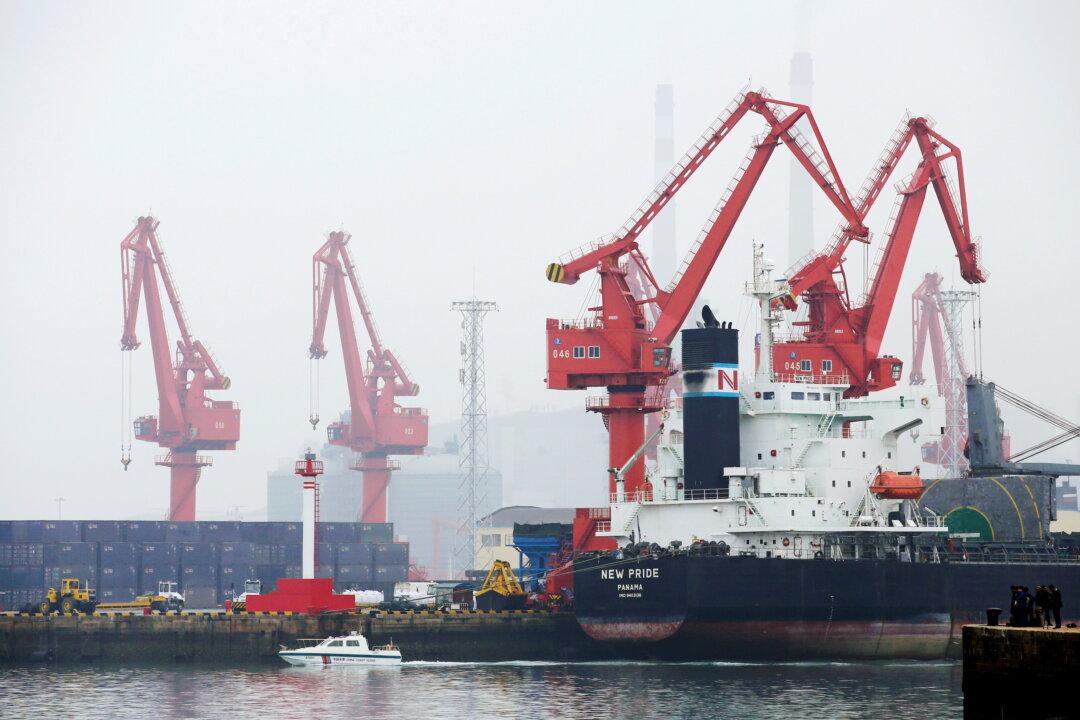The Biden administration has asked China to consider the possibility of releasing reserves of crude oil in an effort to meet supply needs, the White House said on Thursday.
White House press secretary Jen Psaki said in a press conference that members of Biden’s national security team have “discussed with a range of countries, including China, the need to meet the supply demands out there.”




